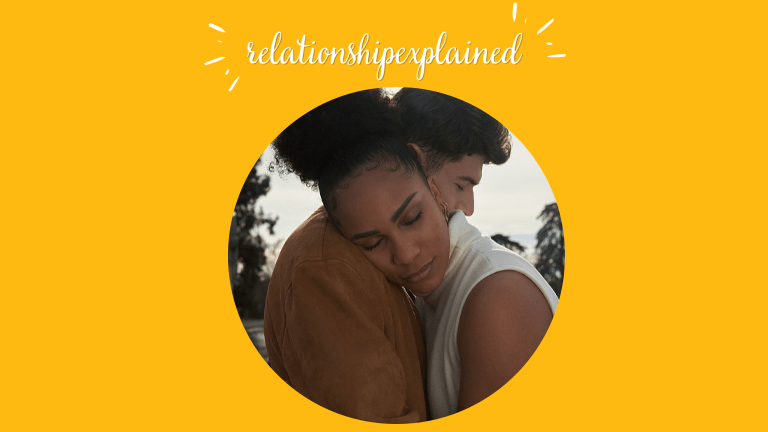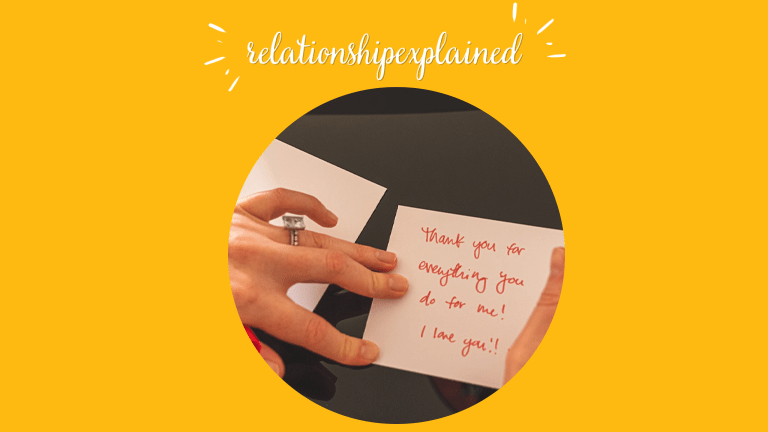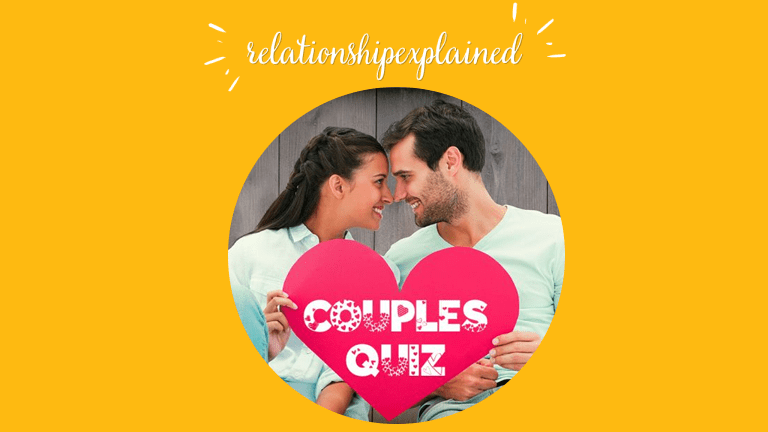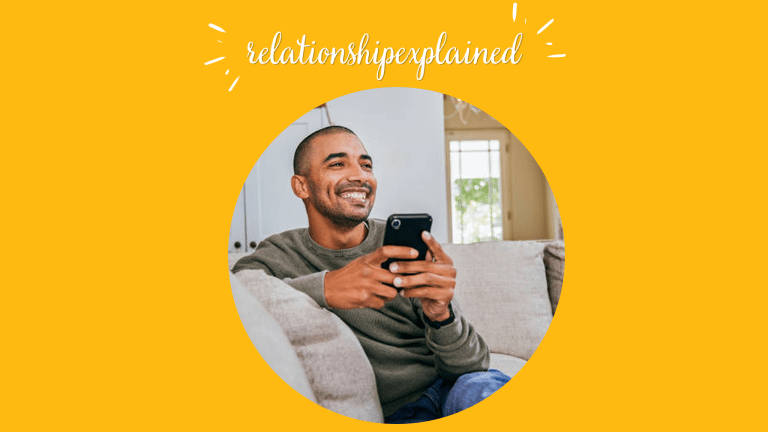He Kissed Me Without My Consent
Wondering what it means when someone kisses you without your consent? Here is a guide that will help you know how to deal with the situation.
Imagine a moment when trust and personal boundaries were violated—a moment when someone crossed a line that should never be crossed.
In today's discussion, we delve into a situation that many have unfortunately experienced: a kiss without consent. It's a subject that raises important questions about respect, consent, and personal space. Join us as we explore the impact of such actions and the importance of understanding and respecting the boundaries of others in all aspects of our lives.
This isn't just a story about a kiss; it's a reflection on the fundamental principles of consent and the significance of respecting them.
What It Means When A Guy Kisses You Without Consent
When a guy kisses you without consent, it is a distressing and unacceptable breach of personal boundaries, which can be considered a form of sexual assault. Sexual assault involves any unwanted sexual contact, and such an incident can make you feel uncomfortable and violated.
What happened was wrong, as it disregarded your autonomy and right to decide who can engage in any form of intimate physical contact with you. It's essential to recognize the seriousness of this situation, seek support, and, if necessary, consider taking legal action to ensure your safety and hold the individual accountable for their actions. Your well-being and consent should always be respected.
Why Is Consent Important?
Consent is an absolutely vital concept in intimate interactions, encompassing actions as seemingly simple as kissing. It's the bedrock of respecting an individual's autonomy, emotions, and personal boundaries. When we discuss being kissed without consent, we delve into a situation where boundaries are crossed, feelings are disregarded, and autonomy is violated.
This act is not merely about kissing; it signifies a breach of trust and respect. Consent isn't just about seeking permission; it's about ensuring that everyone involved is a willing and enthusiastic participant in any sexual act, making it consensual and respectful.
It serves as a protective shield, defining clear boundaries and safeguarding against discomfort and harm in all sexual interactions, whether it involves kissing or more intimate forms of sex. Without it, there's a profound breach of trust and personal boundaries that can have lasting emotional repercussions.
Thus, in any sexual context, ensuring consent is not just important; it's essential for promoting a culture of respect, prioritizing everyone's comfort, and preventing harm from occurring.
How To Respond To The Situation
Dealing with a situation where someone kisses you without your consent can be challenging, but it's essential to take steps to protect yourself and assert your boundaries. Here's a guide on how to handle such a situation:
1. Prioritize Your Safety
Prioritizing your safety is the foremost concern when dealing with a situation where a person has kissed you without consent. No matter the circumstances, your well-being matters above all else. If you feel something is wrong or uncomfortable, focus on your safety.
Ensure you remove yourself from the situation in the right way to safeguard your physical and emotional health. Remember, the law protects your right to autonomy and respectful relationships.
2. Communicate Your Discomfort
In a dating situation where a guy has kissed you without your consent, it's crucial to initiate a respectful and honest conversation. While it may feel uncomfortable or make you feel guilty, addressing the issue is essential for setting boundaries and maintaining a healthy relationship.
Choose a quiet, private moment to explain how you felt during the kiss, emphasizing that it was your first time experiencing such a situation. Encourage open dialogue, as your feelings matter, and a sincere conversation can lead to a better understanding between you and your friend or potential partner.
3. Set Clear Boundaries
When someone kisses you without consent, it's vital to establish clear boundaries. What happened should never happen again. Express your feelings honestly and assertively to the person involved. Explain the importance of consent in your life and why crossing that boundary was not acceptable.
At this point, you need to make it clear that such actions are unwelcome and make you feel uncomfortable. If the person is a friend, emphasize that you value the friendship but won't tolerate this kind of behavior. Asserting your control over your body and boundaries is crucial, and don't let fear deter you from doing so.
4. Seek Support
While the guy may not consider the act a big deal, discussing the incident with someone you trust is crucial, as it helps you process what happened. Whether it's a friend, family member, or counselor, talking about it can provide you with emotional support and guidance. Sharing your experience with a trusted person can help you make sense of your feelings and reaffirm your right to consent.
They can offer perspective and advice on how to navigate the situation and decide the best course of action moving forward. Remember, you don't have to go through this alone; seeking support is a strong and healthy choice.
5. Know Your Rights
Knowing your rights is crucial when addressing boundary violations. Understanding the legal aspects of consent and sexual misconduct in your jurisdiction empowers you to make informed decisions. This knowledge can guide you in determining whether legal action is necessary or appropriate in your situation.
It can also help you advocate for yourself if the need arises, ensuring that your rights are protected and that any necessary legal remedies are pursued. Being aware of your rights is an essential part of regaining a sense of control and agency in such challenging circumstances.
5. Trust Your Instincts
Recognize that it was not "just a kiss." In the aftermath, staying informed and understanding the nuances of consent is crucial. Engaging in a conversation about consent with friends can shed light on past experiences and hopes for respectful interactions in the future. Encourage your friends to listen and hear your perspective while also being open to their answers.
These conversations can help raise awareness about consent among your social circle and promote a culture of respect in your relationships.
6. Stay Informed
Staying informed about consent is paramount. It means arming yourself with knowledge about what constitutes consensual behavior, your legal rights, and the emotional aspects involved. By educating yourself on these matters, you gain a deeper understanding of your boundaries and how to enforce them.
This knowledge empowers you to navigate relationships confidently, knowing what is acceptable and what isn't. Furthermore, staying informed allows you to advocate for yourself and others, contributing to a safer and more respectful environment where everyone's rights and feelings are respected.
Deciding Whether Confrontation Is The Way Forward
Establishing and upholding personal boundaries typically stems from individual experiences, values, and observations. Yet, addressing crossed boundaries can be emotionally challenging.
Before deciding whether to initiate a conversation, reflect on these key questions. Consider the frequency of boundary violations. Is this a one-time incident, or has this person made you uncomfortable before, perhaps subtly? Assess your comfort level in sharing your feelings. Will your concerns be respected, or do you anticipate further discomfort?
Ponder if you want to understand the other person's perspective and whether it matters to you. Also, think about the importance of friendship. How much value do you place on it, and do you want to preserve it despite the boundary violation?
Remember, there are no unequivocally right or wrong answers. If you choose to discuss the incident, set clear goals. Begin by sharing your experience and explaining how the violation affected you emotionally.
Then, discuss the nature of your friendship. Assess whether your expectations align and consider the implications if one of you desires more than friendship. If expectations differ significantly, address the implications for your relationship's future.
Alternatively, you may opt to work through your feelings privately, possibly reevaluating or ending the friendship. Regardless, your decision should prioritize your safety and emotional well-being.
In situations like these, there's no predefined script but prioritize your safety and well-being. If you've lost interest in the friendship, that's a valid choice. Listen to your inner voice to reclaim your sense of self, always making your safety the utmost priority.
Recognize that non-consensual experiences can leave individuals feeling disempowered. Understanding that you have choices in addressing them can help you regain a sense of agency and control over your life.
Final Thoughts
In conclusion, when faced with the distressing situation of "he kissed me without consent," it's crucial to navigate it with sensitivity and self-awareness. Establishing and enforcing personal boundaries, informed by experiences and values, is paramount.
Deciding whether to address the issue involves introspection and evaluating the nature of the relationship. Remember, there are no universally right answers, but prioritizing your safety and well-being is paramount. Understanding your legal rights empowers you to make informed choices, ensuring your rights are upheld.
While there may be no scripted response, regaining control and agency in these situations is possible, allowing you to navigate challenges with greater resilience and self-assuredness.













